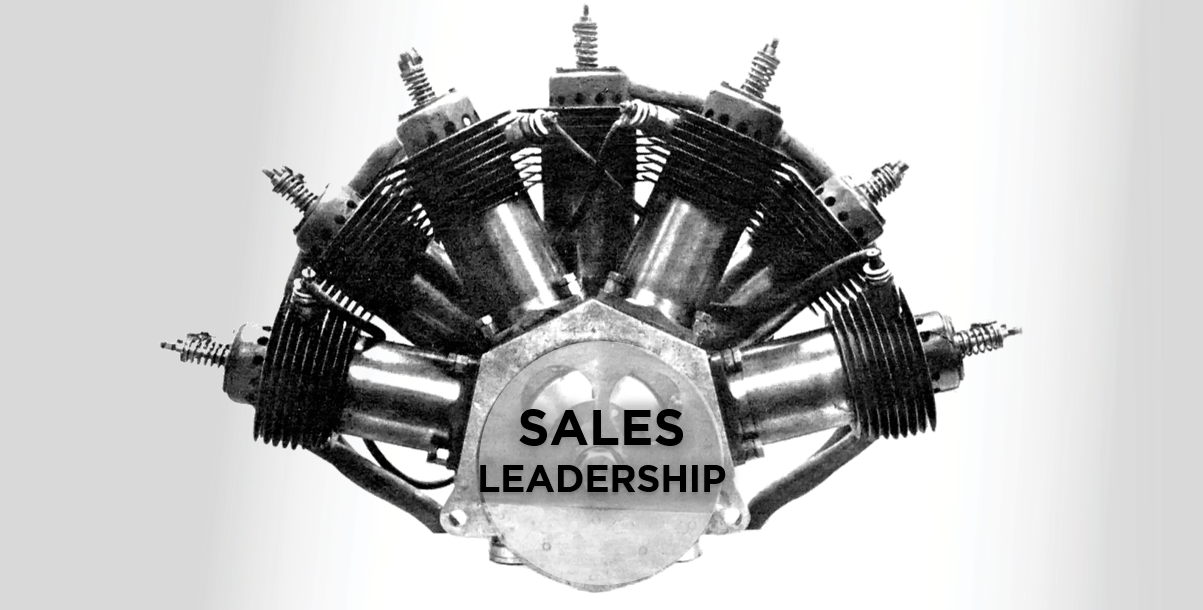Your company is having a great year, growing topline >100%.... so your VP Sales must be a rockstar. Maybe - if in addition to hitting short-term goals, he/she has also set up the organization to achieve 2020 numbers and beyond. Growth is great, but scalable growth is the brass ring.
I re-read a great blog by Jason Lemkin on this topic the other day, so I thought I'd add to his advice with seven key competencies CEOs should be evaluating in their current Sales leaders as they look to 2020.
1. Go-to-Market Strategy. The 1/3 - 2/3 rule in military also applies to Sales. Simply put, anything worth doing is worth taking 1/3 of the time to strategize and plan, and providing subordinates with the remaining 2/3 to develop their own plan and execute it. Scalable Sales leaders partner with Marketing and Customer Success to conduct market and account analysis to determine the best-fit and most profitable accounts. They craft segmentation strategies to be operationalized across the organization. The alternative profile of Sales leader may know which accounts are most valuable, but cannot quantify, and selling practices tend to be based on history.... what has worked in the past. Ask yourself, does our Sales leader have a clear point of view on to whom you are selling and how?
2. Cross-Organizational Alignment. Alignment breeds acceleration, and scalable Sales leaders get that, so they cross-collaborate with other departments to get what they need done. They consider Marketing a close partner, HR a talent & development ally, and the CEO a strategy adviser. The alternative profile is the Sales leader who begrudgingly works with some departments on an on/off basis, works around some leaders instead of building advocacy, and complains about other departments not doing their job. This person may also fear the CEO, and as such is overly agreeable and hesitant to share contrary viewpoints (i.e., the CEO "Yes Man/Woman"). Nowhere on the leadership team can a CEO afford to limit collective intelligence, creativity and ability to innovate, especially in Sales leadership,
3. Recruiting. Scalable Sales leaders have a recruiting playbook that focuses on hiring A Players and is grounded in an "ABR" (Always Be Recruiting) mentality - for now and the future; for his/her team and the company at large. Part of this playbook also involves keeping competitors' top talent close, and maintaining a stable of A-player former employees and colleagues who want to work with and for him/her again. The alternative is a Sales leader who only recruits when there are open positions and through recruiters and/or has a habit of hiring lesser talent. Sound familiar? Probably time to make a change.
4. Time Allocation. Scalable Sales leaders carry out corporate priorities, stay close to managers to ensure objectives are executed, and take a strategist role, while spending 25-40% of time in field with prospects and customers. At the other end of the spectrum is the "King of Close" - the VP Sales that needs to be involved in any above-average deal, who lacks a plan, and as such, is probably mired in minutia and in a constant state of putting out fires, spending >60% of time with prospects and customers. Heroics and micro-management -- they don't scale.
5. Skills Training. In growth-stage companies, this tends to be an area that most easily falls by the wayside. That said, it does require attention from the Sales leader, including periodically assessing team strengths and weaknesses, identifying skill deficits, building training plans accordingly, and ensuring managers are enabled to execute against development plans. What you don't want happening is coaching based solely on that last prospect call or customer meeting, or any one-and-done approach (all too common during this fast-approaching SKO season!).
6. Sales Enablement. Related to #2 & 5, scalable Sales leaders embrace and incentivize innovation that reinforces strategy, and make certain that the Sales team is current on latest and greatest products, positioning and selling tools. The alternative is the Sales leader who plays "wait & see" on anything new and won't drive the team to support it until he/she sees traction, and even in that case, supports only a one-and-done enablement approach.
7. Process & Tech. You cannot expect what you cannot inspect. Scalable Sales leaders know this and live by it. They put metrics and processes in place to measure outcomes of sales motions and new initiatives. They hold deal strategy meetings, not pipeline review meetings. After all, they don't have to ask about pipe, because they see it all right there in the CRM. Conversely, if hypotheses are based on anecdotal stories with light or lacking metrics, selling motion is not repeatable, and the CRM is an underutilized activity tool, so not accurate enough to produce meaningful insight, your current Sales leader is holding you back.
Chances are, if your business is growing nicely, topgrading or changing out your VP Sales may not be top of mind. Without a partner firing on these seven cylinders, however, chances are high that the runway for sustainable growth will be limited, as will the opportunity to accelerate it.


.png)